
We’ve heard that it’s better to give than to receive—except when it comes to books. The following volumes, given to us by mentors, family members, and friends arrived in our lives just when we needed them, even if we didn’t realize it at the time. So to all the gift-givers out there this holiday season, know that your generosity doesn’t go unappreciated.
Underworld by Don DeLillo
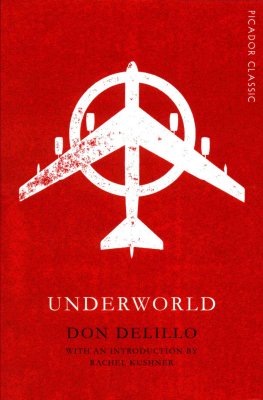
I spent my senior year of college in the stacks of the university library, reading everything I could find related to my senior thesis—mostly government reports, outdated journalism, and dense histories. By the end, I was hungry for something different. At graduation, my thesis advisor gave me a copy of a behemoth of a novel that had just come out: Don DeLillo’s Underworld. At 850 pages, the book weighed down my shelf for a couple months, but when I finally turned to it later that summer, I was utterly caught up in DeLillo’s vision of the second half of the 20th century, told in a series of related narratives, many of which revolved around, of all things, a baseball. I can’t remember much about the plot all these years later (time to read the book again?), but I do remember the thrill of encountering DeLillo’s prose for the first time. I went on to read many more of his books, but I’ll always be grateful for that introduction to his work. —Bruce Falconer
Amphigorey by Edward Gorey
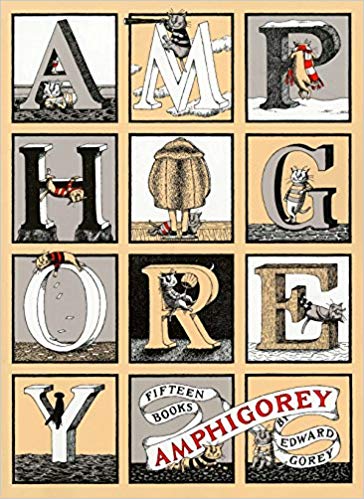
One Christmas in my 20s, my mother gave me Amphigorey, the first large-format trade publication of 15 of Edward Gorey’s bequilingly odd and occasionally salacious little books, The Unstrung Harp, The Gashlycrumb Tinies, and The Doubtful Guest, among them. I was besotted. From the Strand in New York, where the great man often could be found browsing and was not to be disturbed, I began buying the original limited editions, and framable offprints of individual pages (“N is for Neville who died of ennui”), signed by the artist. From Gorey’s delight in anagrams of his name (Ogdred Weary), I developed an obsession of my own (Arthur Alechester). This Christmas, I hope someone will give me the new Gorey biography with the deathless title Born to Be Posthumous. —Charles Trueheart
84, Charing Cross Road by Helene Hanff
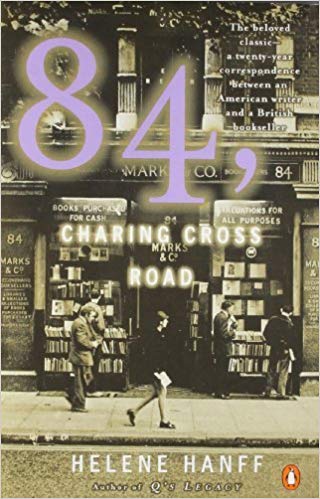
A former teacher of mine has a tradition: every time she comes across a copy of 84, Charing Cross Road in a used bookstore or at a yard sale, she buys it for someone who has never read the book. It’s how I got my copy, and I’m sure that Helene Hanff, the author of Charing Cross, would approve. Hanff was a TV screenwriter, struggling to make a living in 1950s New York, when she started writing to a London bookstore on Charing Cross Road with requests for rare books. What starts out as a series of (hilarious) orders for out-of-print books turns into a lifelong epistolary friendship between Hanff and the entire staff of the bookstore. Many of these letters are collected in Charing Cross. Since I first read the book six years ago, I’ve taken up the tradition of giving away copies of the book myself—my small tribute to my teacher and to unexpected friendships. —Katie Daniels
Ardent Spirits by Reynolds Price
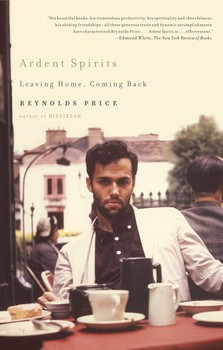
A close friend sent me off to college with a memoir by a writer I’d never read or even heard of (and I confess have read little of since). In Ardent Spirits, Reynolds Price chronicles six years in his early 20s: his time at Oxford, friendships with literary gadflies, romantic experiments, and, of course, his beginnings as a writer. It was perfectly timed: at 18, I saw this book as a blueprint for a life worth living. —Stephanie Bastek
Alice in Wonderland by Lewis Carroll
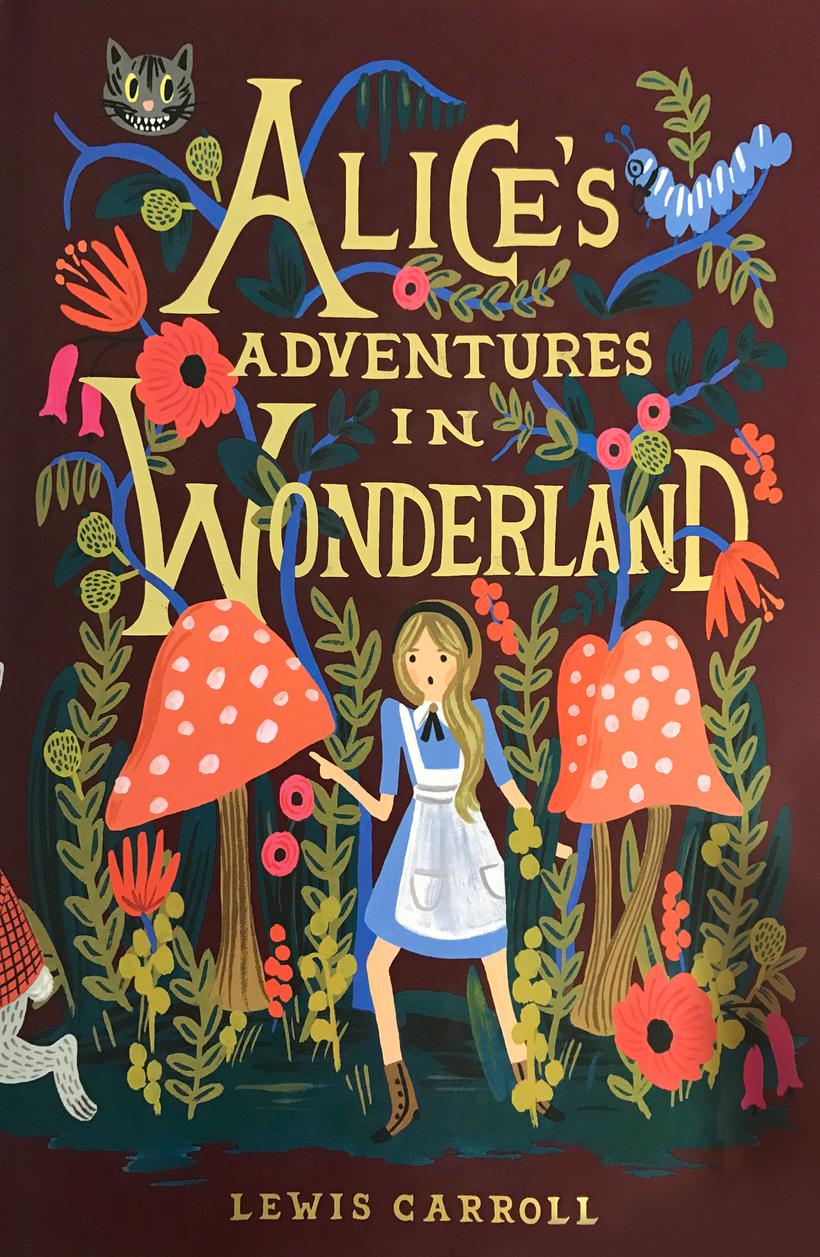
I received Alice in Wonderland when I was probably eight or nine years old, on a frigid winter’s afternoon. In those days, my sister and I would typically have our dinner before our parents did, and on that evening, I recall eating with rare enthusiasm so that I could settle in with Alice for a while. Ensconced on the sofa, in front of a raging fire, with my mother’s crocheted afghan draped around me, I began reading with great awe, my imagination kindled, while my parents sat at the kitchen table, talking in low, neutral tones. At some point, I dozed off, because the next thing I knew, my father was nudging me awake, the book having fallen to the floor, the living room now lit only by the dying embers of the fire. It was one of the most memorable reading experiences of my childhood, even if the magic involved far more than the book itself. —Sudip Bose
Harold Arlen: Happy with the Blues by Edward Jablonski
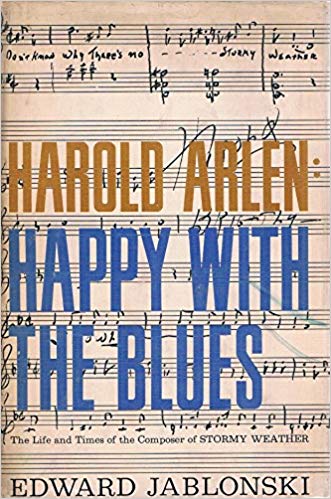
Harold Arlen, who wrote the music for The Wizard of Oz, would have turned 100 in 2005. The anniversary occasioned some journalistic attention to Arlen, who was probably the least famous of the great American songwriters. He wrote “Stormy Weather,” “I’ve Got the World on a String,” “That Old Black Magic,” “Come Rain or Come Shine,” “Last Night When We Were Young,” and “The Man That Got Away,” to name just six. I wanted to know more about the man who was born Chaim Arloch, the son of a cantor in Buffalo, New York. I shared my enthusiasm with my wife, Stacey, who then surprised me on my birthday with Edward Jablonski’s out-of-print 1961 biography, Harold Arlen: Happy with the Blues. It was a good book but a great present, the start of something big. The more I read about Arlen, the more I wanted to know about him, the lyricists he worked with, and other authors of the classic American popular songs that I love. Like Arlen, many of the great songwriters were children of Jewish immigrants, if not refugees themselves.
That summer I, myself a son of Jewish immigrants fleeing Europe, learned about a series of books on Jewish themes that Nextbooks, under the editorial direction of the brilliant Jonathan Rosen, was publishing with Schocken, a Random House imprint; Robert Pinsky had signed on to do a book about King David and was enjoying it. I pitched the idea of A Fine Romance: Jewish Songwriters, American Songs, got a contract, and got to spend the next four years listening to the music and words of Arlen and his partners—and to the Gershwins, Rodgers & Hart, Irving Berlin, Frank Loesser, Jerome Kern, and Dorothy Fields, et al. It was a wonderful experience and the seed was planted the day Stacey gave me that book. [A Fine Romance won the Deems Taylor Award from ASCAP in 2010.] —David Lehman.
Complete Stories of Peter Taylor by Peter Taylor

The two-volume Complete Stories of Peter Taylor, published as a boxed set by the Library of America in early 2017, is something I had longed for and then was elated to hold in my hands. Taylor was a teacher and then a friend, and his stories of the mid-South in the middle of the 20th century, many of them first published in The New Yorker, are some of the best ones I know. Since his death in 1994, I and many others who admired him have worried that his work might fade into oblivion. But now it has been properly canonized in this handsome series of America’s most important writers, and that can never fade. —Robert Wilson

